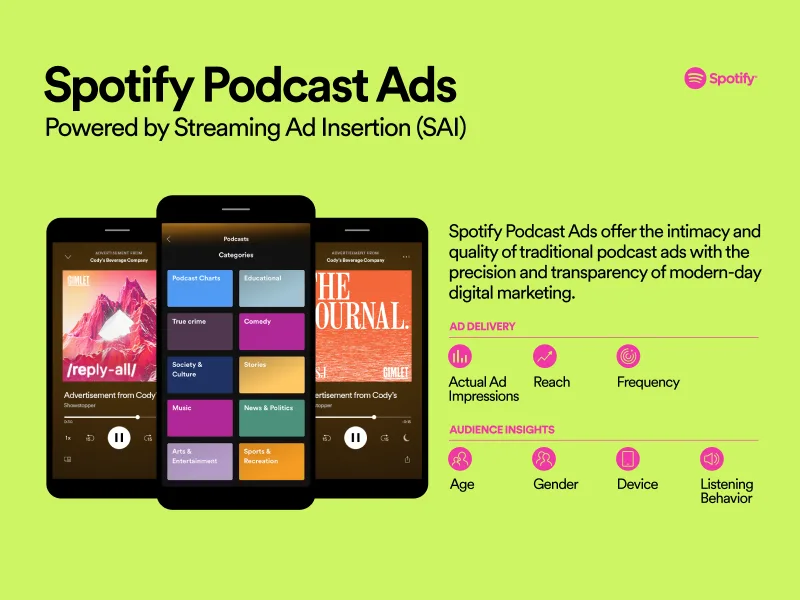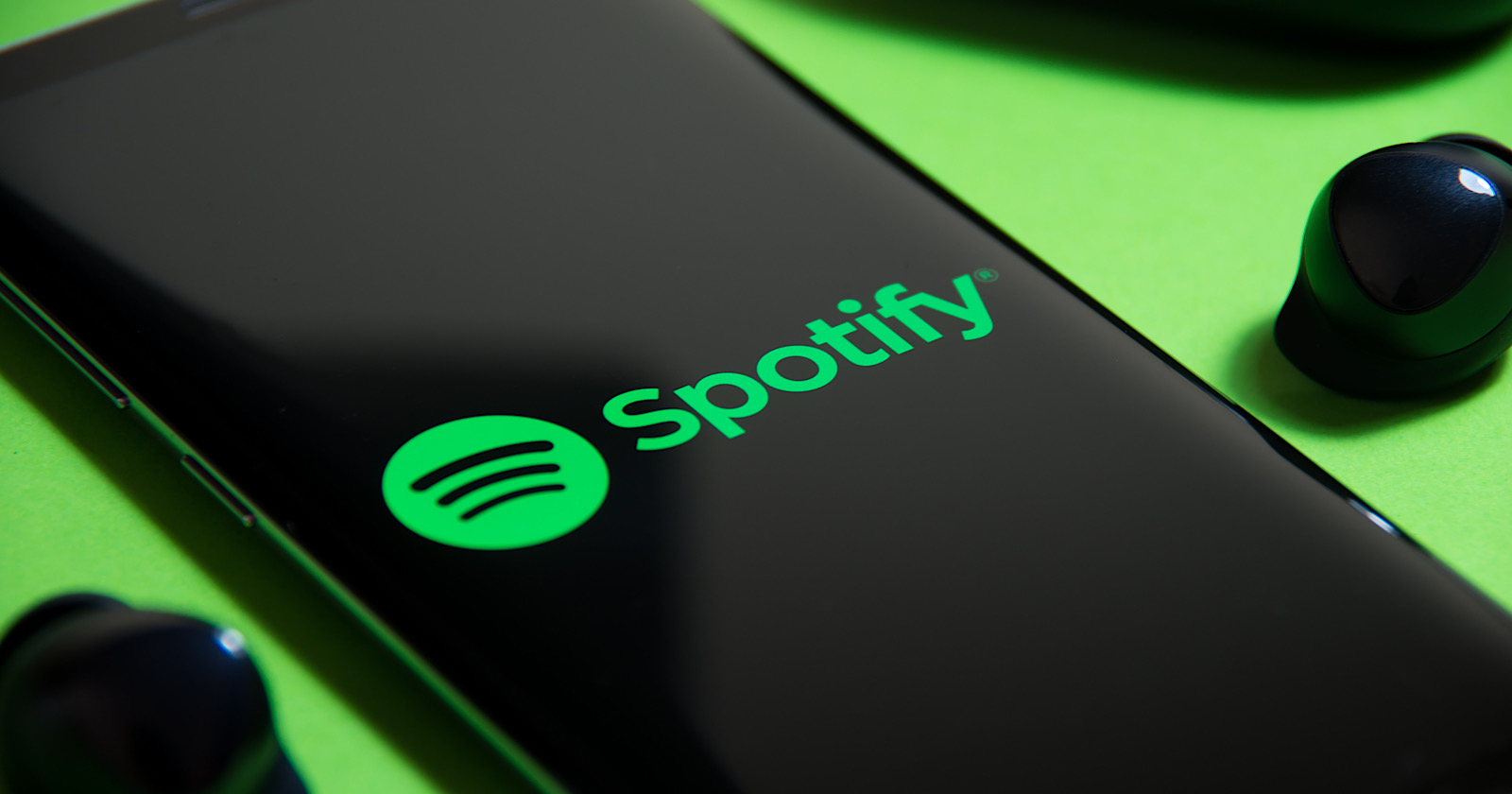Spotify is acquiring Megaphone, a leading podcast advertising and publishing platform, in an effort to expand advertising options for podcasters.
Megaphone is used by over 20,000 podcast publishers and advertisers including The Wall Street Journal, Slate, Vox Media, ESPN, How Stuff Works, and more.
In an announcement, Spotify says this acquisition represents the next step toward what’s possible with podcast advertising.
“That’s why today, we’re excited to announce Spotify’s acquisition of Megaphone, one of the world’s leading podcast advertising and publishing platforms.
The acquisition of Megaphone represents the next step in Spotify’s expanding the possibilities of this intimate and screenless medium.”
Spotify’s acquisition of Megaphone will create new opportunities for both podcasters and podcast advertisers. The company shares a brief look at its upcoming plans.
New Advertising Tools for Podcast Publishers
In Spotify’s Q3 earnings report, the company reports 22% of its total monthly average users engaged with podcasts. Also, podcast advertising revenue is up nearly 100% year-over-year.
The acquisition of Megaphone allows Spotify to offer podcast publishers more ways to earn money from their content. This includes the opportunity to easily opt-in to have content monetized, matching listeners with even greater demand from advertisers.
Spotify and Megaphone will allow advertisers to activate across Spotify’s library of original and exclusive podcasts while scaling reach through the Megaphone Targeted Marketplace.
The Megaphone Targeted Marketplace is used by leading brands to reach their target market with podcast ads. According to the company’s website, some of those brands include Google, AT&T, Microsoft, Sony, Starbucks, and Walmart.
Spotify’s roster of podcast advertising partners is thereby expanding considerably as a result of this acquisition.
Megaphone also offers a suite of podcast publishing and analytics tools, which Spotify creators will get access to as well.
In return Spotify will be making its own advertising solution, Streaming Ad Insertion, available to a third-party for the first time.
When Spotify and Megaphone come together, podcast publishers will be able to utilize Streaming Ad Insertion to sell advertising slots using a model based on confirmed ad impressions.
Introduced at the beginning of the year, Streaming Ad Insertion brings data-driven advertising to podcasting for the first time.

Podcasts have traditionally been downloaded via RSS feeds, which makes it impossible to track who is listening to ads, or how many ads are being heard all the way through.
The switch from downloading to streaming allows podcast advertising to move beyond those constraints and offer the precise targeting and tracking marketers expect with today’s digital advertising solutions.
Megaphone is built on offering similar ad insertion and audience targeting capabilities for podcast downloads. Spotify dynamically inserts ads while podcasts are streaming, and Megaphone dynamically inserts fresh and relevant ads within podcast downloads.
Now two of the leading advertising solutions for podcasters – Megaphone and Spotify’s Streaming Ad Insertion – are housed under one roof.
Since introducing Streaming Ad Insertion back in January, Spotify says the results are encouraging enough for the company to further its investment in podcast advertising tools.
“Advertisers are ready to realize the full potential of podcasts,” the company says, referring to the opportunities created by acquiring Megaphone.
Further details about this acquisition have yet to be disclosed.
Sources: Spotify Newsroom, Spotify Advertising


